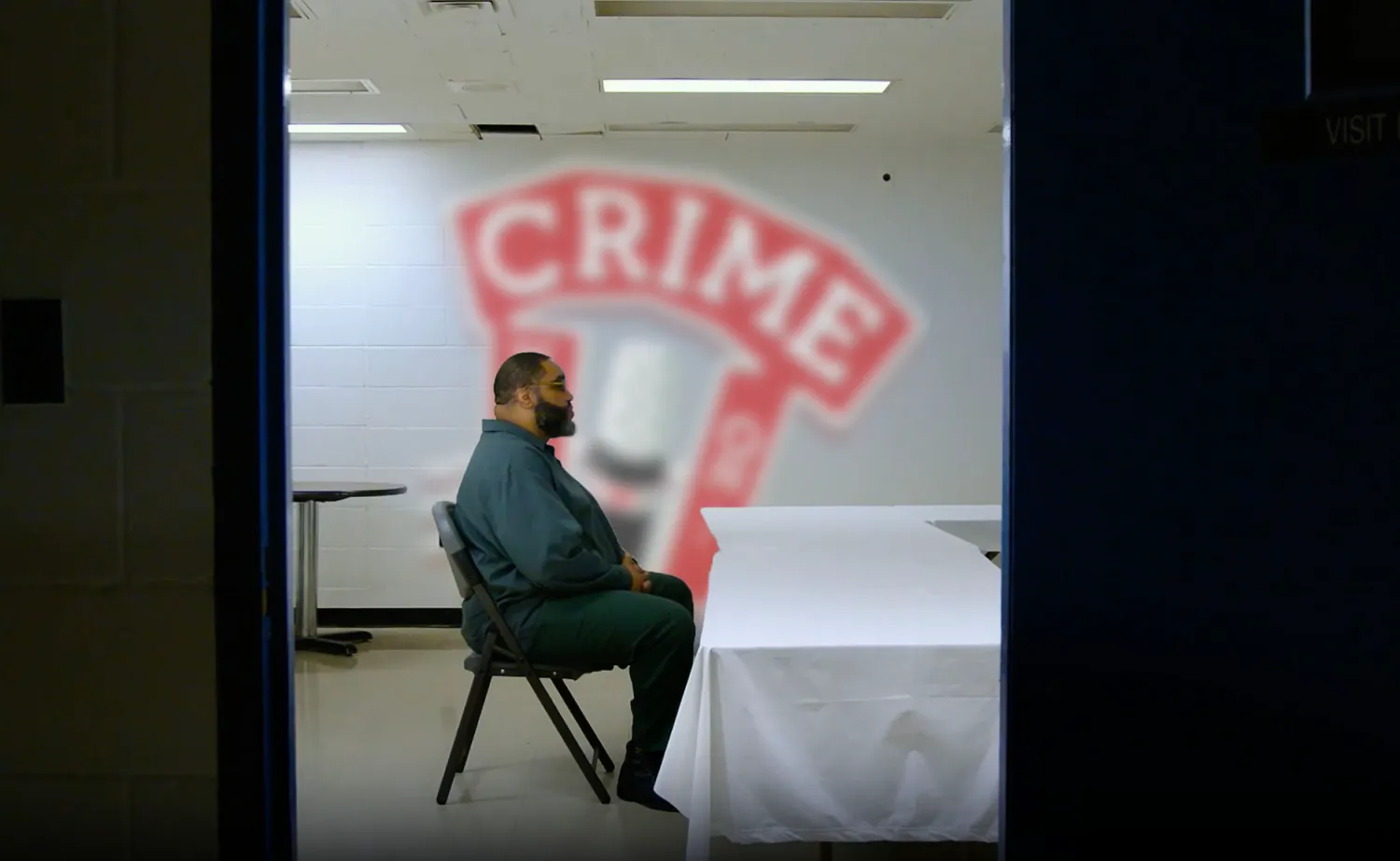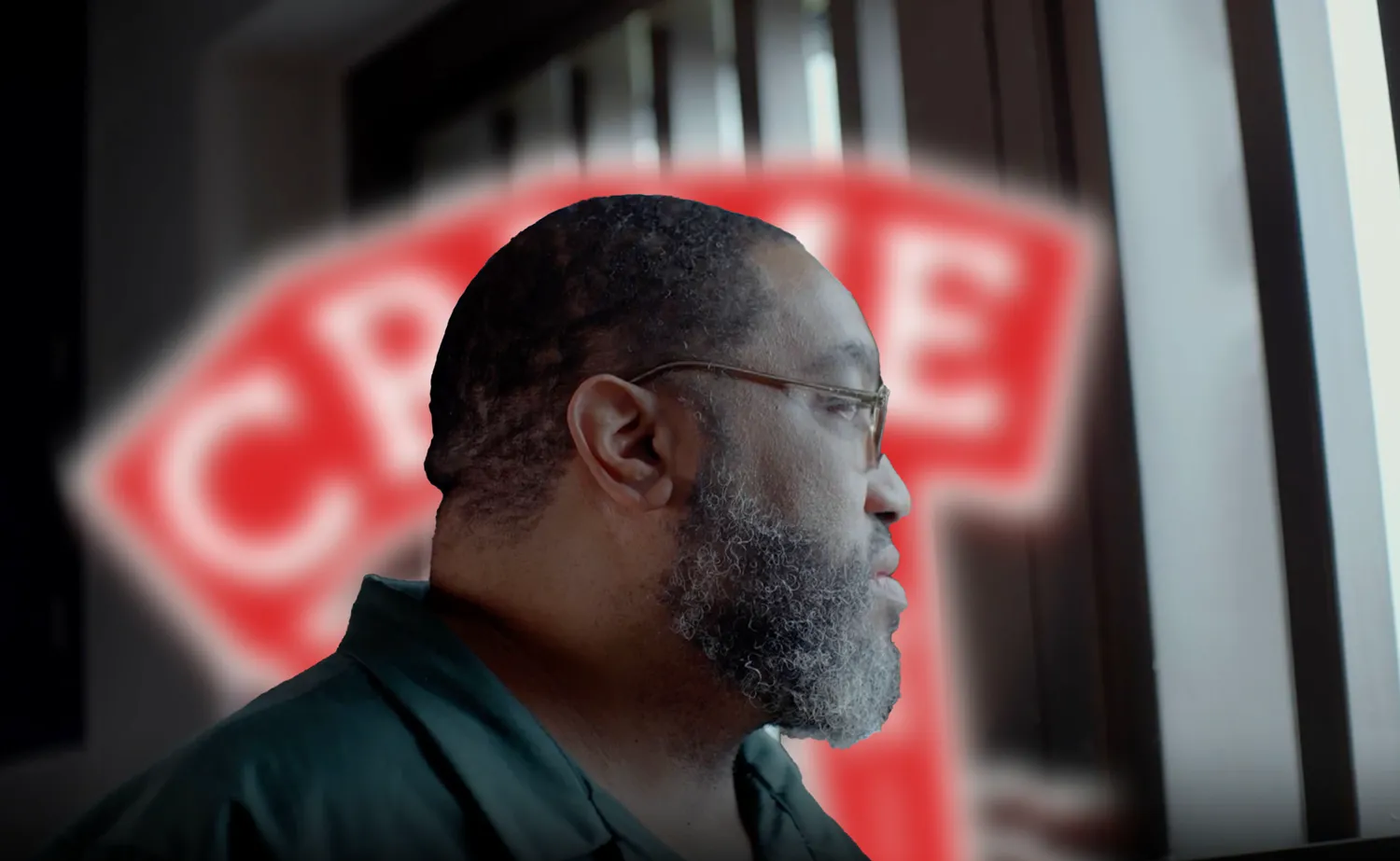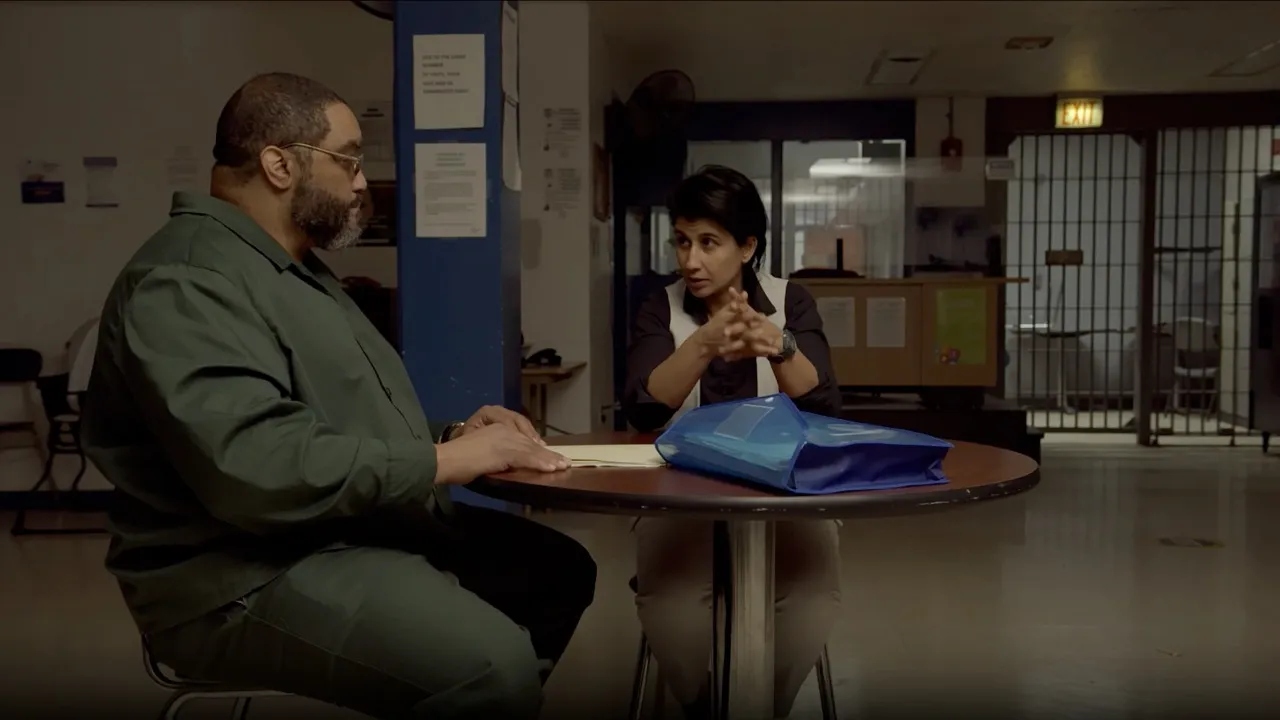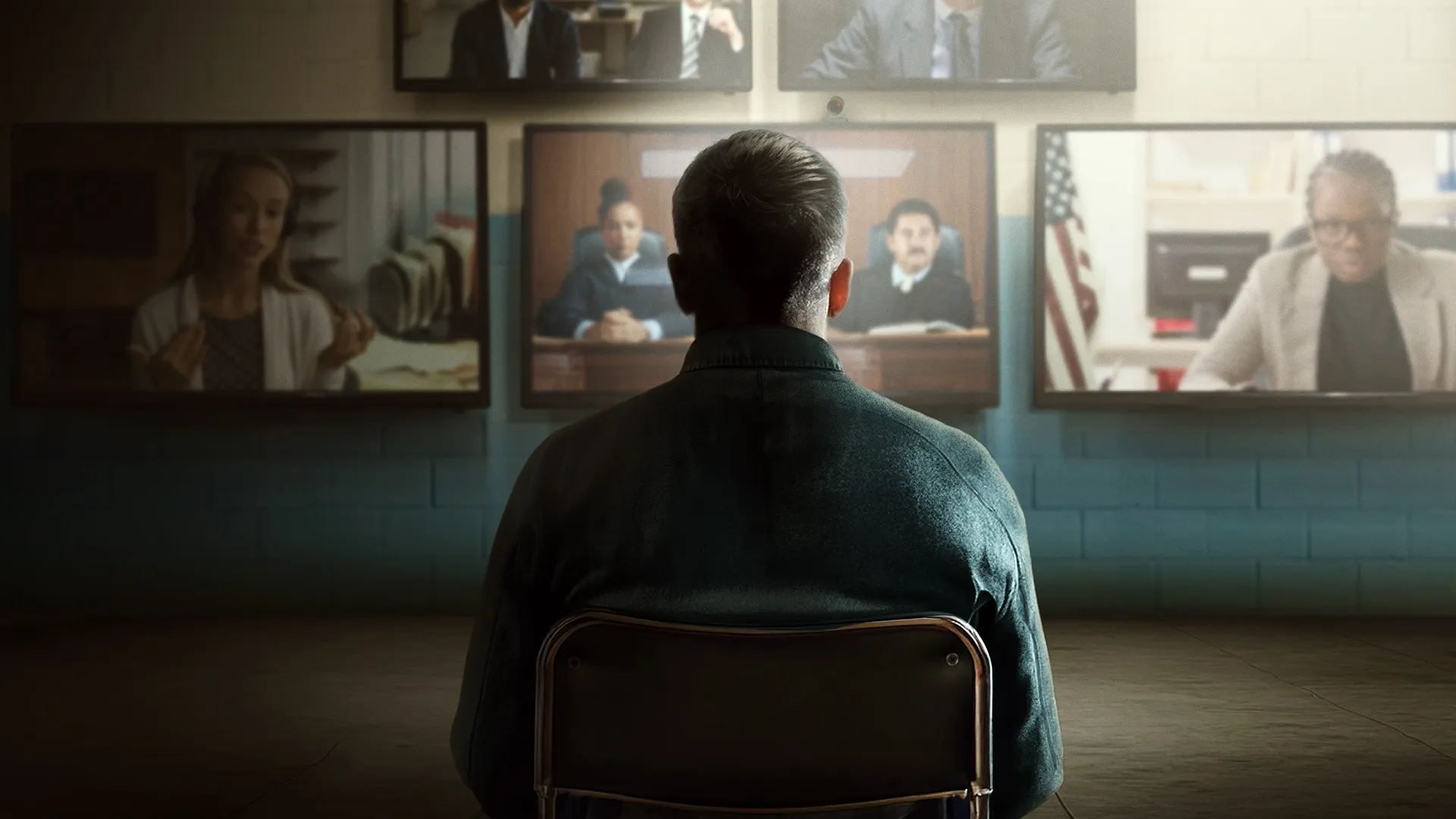Nature of the Crime examines the intricacies of the New York parole system through Todd Scott and Chad Campbell’s experiences. Both men committed violent crimes during their youth and now seek freedom after decades of imprisonment. The documentary explores the complex relationship between personal transformation and societal judgment.
Scott and Campbell’s stories reveal the deep psychological challenges faced by individuals seeking redemption. Their narratives challenge traditional perceptions of crime and punishment. The film presents intimate portraits of two people struggling to prove their personal growth within a rigid legal framework.
The documentary exposes critical tensions in the criminal justice system. It investigates how childhood trauma, prison rehabilitation programs, and individual resilience interact with societal expectations of punishment. Scott and Campbell’s experiences illuminate the difficult path toward personal reconstruction after committing serious crimes.
Through their personal journeys, the film explores broader questions about human capacity for change. It challenges viewers to reconsider traditional views of criminality, punishment, and the possibility of genuine personal transformation. The documentary creates a nuanced space for understanding the emotional and psychological complexities of long-term imprisonment.
The Parole System and Its Complexities: Todd Scott, Chad Campbell, and the Struggle for Redemption
Nature of the Crime explores the moral complexity of the American justice system, focusing on the tension between punishment and personal transformation. Todd Scott and Chad Campbell’s stories form the core of this examination, highlighting critical questions about redemption and the parole process.
Scott was 19 when he participated in the murder of New York police officer Edward Byrne in 1988. His crime shocked the community and sparked national discussions about law enforcement and drug-related violence. Serving a 25-to-life sentence, Scott has continuously sought parole. His narrative extends beyond a single criminal act, reflecting the broader social and political landscape of the ’80s and ’90s, which emphasized strict criminal penalties.
Chad Campbell’s case adds another layer of complexity. At 14, he committed a double homicide, killing a teenage girl and her toddler in a seemingly senseless act. Campbell’s experience reveals the challenging realities of the juvenile justice system. His 18-to-life sentence raises profound questions about youth, accountability, and psychological development.
The documentary exposes the conflicts within the U.S. prison system. Both men seek parole by demonstrating personal growth and self-reflection. They challenge the notion that individuals are permanently defined by their worst actions, especially when those actions occurred during youth.
The film compares parole practices between New York and Connecticut, revealing how different approaches can impact an individual’s potential for societal reintegration. This exploration prompts viewers to reconsider existing perspectives on crime, punishment, and human capacity for change.
The Weight of the Past: Redemption, Remorse, and the Limits of Forgiveness
Nature of the Crime explores moral complexity through the stories of Todd Scott and Chad Campbell. Both men confronted their horrific past actions, challenging perceptions of personal transformation and societal judgment.
Todd Scott’s murder of Officer Edward Byrne became a turning point in his life. Scott’s documentary journey reveals a profound struggle with remorse and self-reflection. His internal battle exposes the psychological weight of his crime and the challenges of seeking redemption.
Scott’s experience highlights the rigid nature of the criminal justice system, where personal growth often seems insufficient to win freedom. His narrative prompts critical examination of how society views individuals who commit violent crimes.
Chad Campbell’s story presents an equally challenging perspective. At 14, he committed a shocking double murder that seemed to defy understanding. The documentary explores Campbell’s emotional landscape, revealing a nuanced journey of regret and personal development.
Campbell’s reflections do not offer simple explanations but instead illuminate the complex path of human transformation. Viewers are challenged to consider whether genuine change is possible after committing unforgivable acts.
The film reveals the tension between individual growth and societal expectations of punishment. It confronts viewers with a critical question: Can people move beyond their most terrible actions? Without providing clear-cut answers, the documentary creates space for deep contemplation about justice, forgiveness, and human potential for change.
Narrative Depth and the Parole Process: A Structural Examination of Nature of the Crime
Nature of the Crime examines the parole process through the stories of Todd Scott and Chad Campbell. Filmmakers Ricki Stern and Jesse Sweet create an intimate portrait of two men seeking freedom, exploring the emotional depth of their parole hearings. The documentary challenges viewers to reconsider the meaning of justice and personal transformation.
The film brings audiences into parole hearing rooms, revealing the psychological complexity of Scott and Campbell’s experiences. Viewers witness the men’s attempts to communicate their personal growth and emotional journey. Stern and Sweet carefully present their subjects with nuance, showing human depth without minimizing their past actions.
The documentary exposes systemic challenges within the criminal justice process. Legal experts, psychologists, and parole board members provide insights into the complex dynamics of these hearings. Attorneys argue for rehabilitation, highlighting tensions between punitive approaches and potential personal change.
Significant gaps exist in the documentary’s approach. The absence of victim family perspectives leaves the narrative incomplete. Without direct accounts from those affected by the original crimes, the story lacks a critical emotional dimension. Statistical information about parole success and recidivism rates would have strengthened the film’s exploration of systemic issues.
The film presents a deeply personal examination of two individuals seeking redemption, while simultaneously revealing the intricate emotional landscape of the criminal justice system.
The Ethical Tightrope: Redemption, Public Safety, and the Justice System in Nature of the Crime
Nature of the Crime explores ethical challenges surrounding Todd Scott and Chad Campbell’s stories of seeking parole. The documentary reveals critical questions about redemption and criminal justice while deliberately excluding victim perspectives, creating an intentional narrative tension.
The film probes the complex issue of whether individuals who committed violent crimes can truly change. Scott and Campbell present personal stories of growth through education and self-reflection, challenging viewers to reconsider how society perceives criminal transformation. Their narratives ask whether people remain defined by their worst moments or can demonstrate genuine personal evolution.
The documentary critiques the parole system’s approach to rehabilitation. It examines how New York and Connecticut handle criminal justice differently, highlighting variations in philosophical and practical treatment of incarcerated individuals. Political influences and social sentiments significantly impact parole decisions, revealing deep-rooted tensions between punishment and human potential for change.
The absence of victim family interviews creates a deliberate narrative space. This omission invites viewers to wrestle with uncomfortable questions about forgiveness, personal growth, and societal healing. The film challenges audiences to consider the complex emotional landscape surrounding violent crimes and potential redemption.
Scott and Campbell’s experiences illuminate the intricate psychological journey of individuals seeking to reconstruct their identities after committing serious crimes. Their stories expose the challenging path between acknowledging past actions and demonstrating personal transformation.
Final Reflections: A Thought-Provoking Journey into the Parole System
Nature of the Crime explores profound moral questions about punishment and human transformation within the American criminal justice system. The documentary examines Todd Scott and Chad Campbell’s experiences, challenging traditional perspectives on criminality and personal growth.
The film presents an intense exploration of two individuals seeking redemption after committing serious crimes. Scott and Campbell’s stories reveal the psychological struggle of individuals attempting to prove personal change within a rigid legal system. Their narratives challenge viewers to reconsider how society perceives criminal rehabilitation.
The documentary exposes critical weaknesses in the current approach to criminal justice. By focusing on individual stories, the film highlights the tension between societal fear and the potential for human transformation. Scott and Campbell’s experiences demonstrate the complex emotional landscape of seeking parole after committing violent crimes.
The film’s approach leaves significant gaps, particularly through the absence of victim family perspectives. This omission creates an incomplete narrative that prevents a fully rounded examination of the emotional impact of violent crimes. The documentary raises essential questions about punishment, forgiveness, and personal growth without providing definitive resolutions.
Through Scott and Campbell’s experiences, the film reveals the deep challenges individuals face when seeking to reconstruct their identities after committing serious crimes. It invites viewers to wrestle with uncomfortable questions about redemption, personal responsibility, and the possibility of genuine change.
The Review
Nature of the Crime
Nature of the Crime is a powerful, thought-provoking documentary that delves into the complexities of redemption and the parole system. Through intimate portrayals of Todd Scott and Chad Campbell, the film raises vital ethical questions about justice, punishment, and the possibility of personal transformation. While it offers valuable insights, its lack of victim perspectives and broader contextual exploration leaves some gaps. Nonetheless, the documentary is a compelling contribution to the ongoing conversation about rehabilitation versus retribution in the justice system.
PROS
- Thought-provoking exploration of the parole system.
- Intimate portrayal of two men seeking redemption.
- Raises important ethical and philosophical questions about justice and rehabilitation.
- Strong emotional resonance with the personal stories of the subjects.
CONS
- Lacks victim family perspectives, leaving an important emotional and ethical gap.
- Does not provide enough statistical or broader contextual information on parole outcomes.




















































